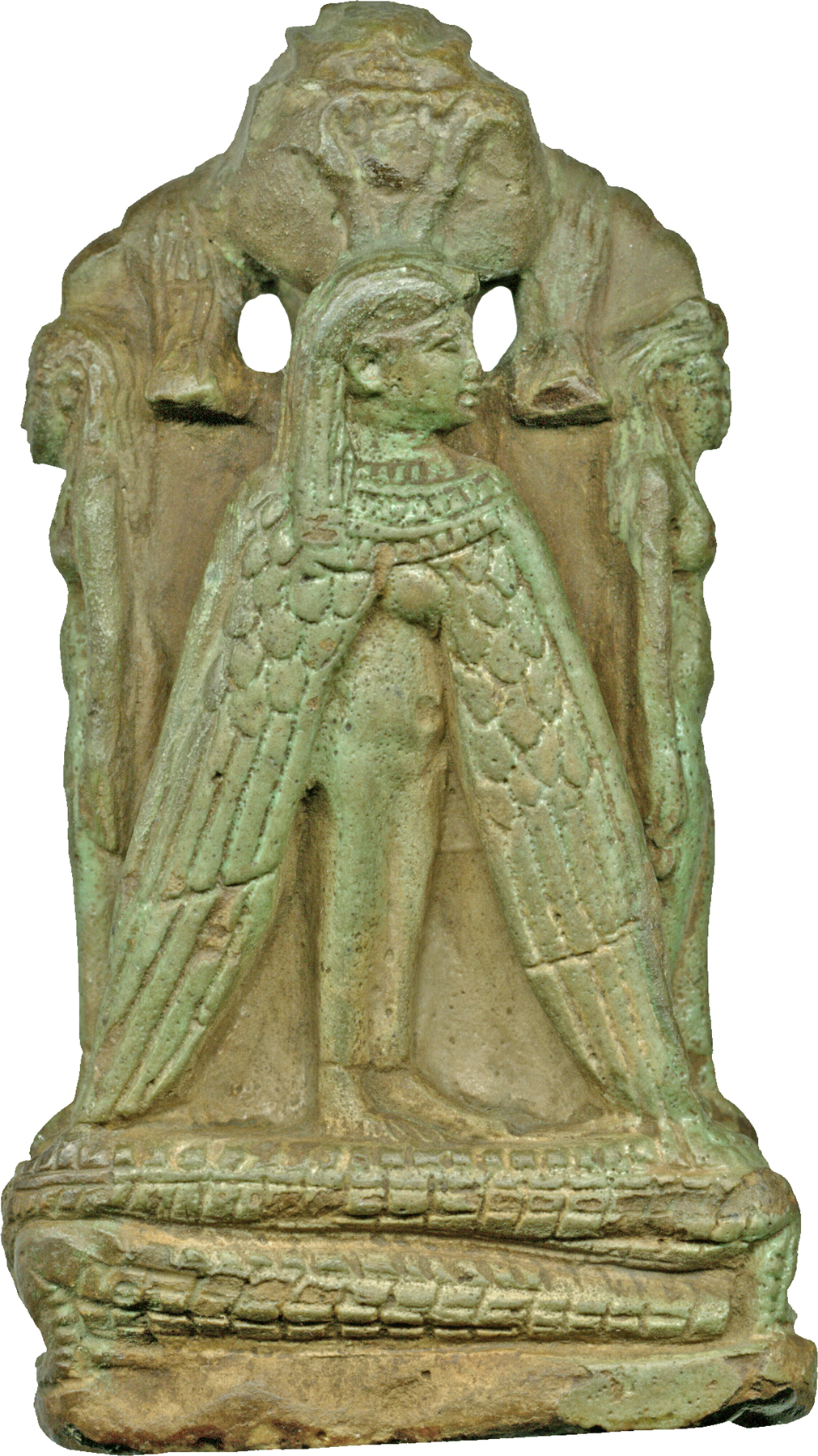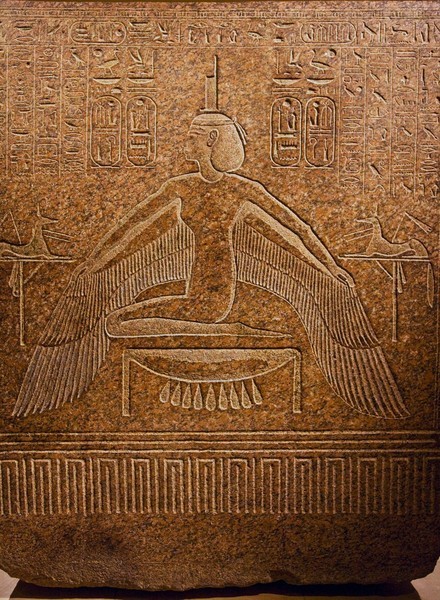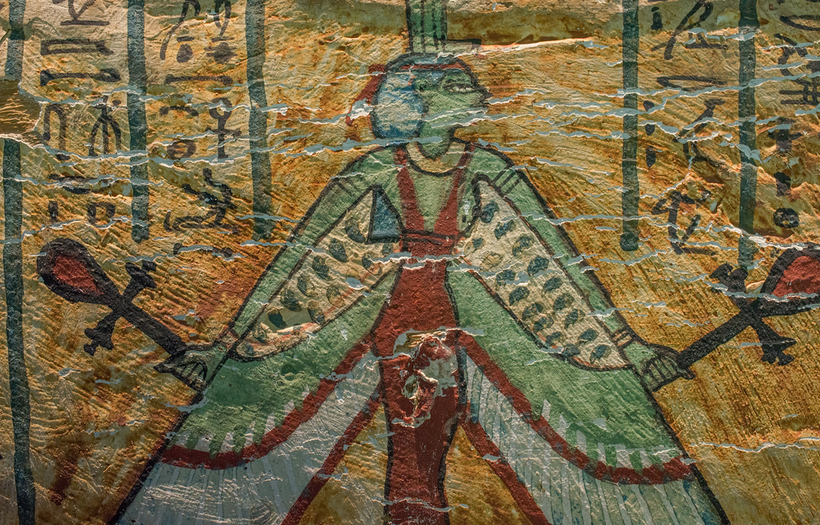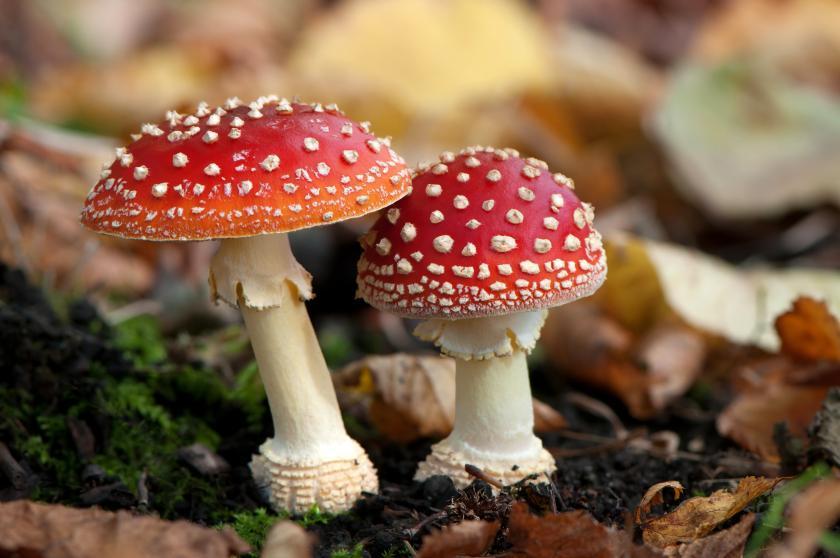Ancient Psychedelia: Alien Gods & Mushroom Goddesses
Online Book - Chapter 10, Page 170
Back to Online Book Mainpage / Next Page (Chapter 10, Page 171)
| In the Golden Ass from the 2nd century AD, Apuleius writes of the goddess: “I am Nature, the universal Mother, mistress of all elements, primordial child of time, sovereign of all things spiritual, queen of the dead, queen also of the immortals, the single manifestation of all gods and goddesses that are. My nod governs the shining heights of Heaven, the wholesome sea breezes, the lamentable silences of the world below. Though I am worshipped in many aspects, known by countless names, and propitiated with all manner of different rites, yet the whole round earth venerates me. “The primeval Phrygians call me Pessinuntica, Mother of the gods; the Athenians sprung from their own soil, call me Cecropian Artemis; for the islanders of Cyprus I am Paphian Aphrodite, for the archers of Crete, I am Dictynna; for the tri-lingual Silicians, Stygian Prosperine; and for the Eleusinians their ancient Mother of Corn. Some know me as Juno, some as Bellona of the Battle; others as Hecate, others again as Rhamnubia, but both races of Aethiopians, whose lands the morning sun first shines upon, and the Egyptians who excel in ancient learning and worship me with ceremonies proper to my godhead, call me by my true name, namely Isis.” (104) A quote regarding Isis spoken by Plutarch reads: “I am all that hath been, and that is, and that shall be; and my veil none hath uncovered (or revealed).” (105) This is another reference to the mushroom veil, I would assume, as we have read this being used to express attributes of the goddess several times now. Diodorus writes on the medical healing and oracular abilities of Isis: “As for Isis, the Egyptians say that she was the discoverer of many health-giving drugs and was greatly versed in the science of healing; (3) consequently, now that she has attained immortality, she finds her greatest delight in the healing of mankind and gives aid in their sleep to those who call upon her, plainly manifesting both her very presence and her beneficence towards men who ask her help. … (5) For standing above the sick in their sleep she gives them aid for their diseases and works remarkable cures upon such as submit themselves to her; and many who have been despaired of by their physicians because of the difficult nature of their malady are restored to health by her, while numbers who have altogether lost the use of their eyes or of some other part of their body, whenever they turn for help to this goddess, are restored to their previous condition. (6) Furthermore, she discovered also the drug which gives immortality, by means of which she not only raised from the dead her son Horus, who had been the object of plots on the part of Titans and had been found dead under the water, giving him his soul again, but also made him immortal. … Moreover, they say that the name Horus, when translated, is Apollo, and that, having been instructed by his mother Isis in both medicine and divination, he is now a benefactor of the race of men through his oracular responses and his healings.” (106) |
Depictions of Isis vary dramatically. She is usually depicted with wings, either face up, or face down. When she is depicted with wings face down, she resembles the mushroom as it’s waxing or growing, as depicted on a granite sarcophagus box of Ramses III c. 1184–1153 BC (30a); on a coffin foot board of Irthorru from Akhmim, Egypt c. 600 BC (30b); as well as an amulet from 450-350 BC (36d).  R: (30a) Isis on Granite Sarcophagus Box of Ramses III c. 1184–1153 BC  (30b) Coffin Foot Board of Irthorru. Akhmim Egypt c. 600 BC  Amanita Muscaria (104) ibid; Robert Graves Trans. (105) Healing Gods, p. 72 (106) Diodorus Siculus Library of History Book I (beginning) Contents of the First Book of Diodorus, 25:2-7 |
Go Back to Page 169